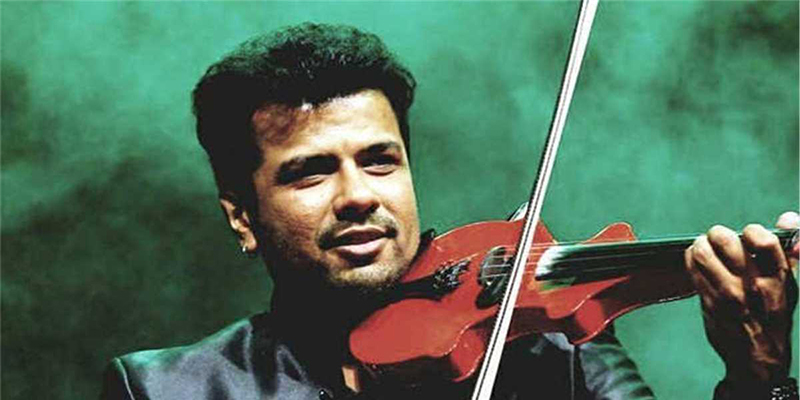The Kozhikode district sessions court made this observation while granting anticipatory bail to writer and social critic Civic Chandran in a sexual harassment case filed against him by a Dalit writer
Kozhikode: Granting anticipatory bail to writer and social critic Civic Chandran, the Kozhikode district sessions court in Kerala recently observed that offences under the Scheduled Caste and Scheduled Tribe (Prevention of Atrocities) Act would not prima facie stand against the accused as it “is highly unbelievable that he will touch the body of the victim fully knowing that she is member of Scheduled Caste”. The court made the observation in a sexual harassment case filed against Chandran by a Dalit writer.
“In order to attract the offence under the Act, it has to be established that the accused was with the knowledge that the victim belonged to a member of SC/ST,” the court further said.
Two sexual harassment cases were filed against Chandran this year and he was granted anticipatory bail in both. In the first case, a Dalit writer on July 17 complained to the police that Chandran had tried to kiss her on her neck and outraged her modesty on April 17. The district court in Kozhikode granted him anticipatory bail in this case on August 2.
While granting Chandran anticipatory bail in the second case on August 12, the same court had observed that the offence under Section 354 (A) (sexual harassment) of the Indian Penal Code would prima facie not be attracted when the woman was wearing ‘sexually provocative dresses’.
In the anticipatory bail order pertaining to the Dalit writer’s complaint, Sessions Judge K Krishna Kumar said available materials showed “this is an attempt to tarnish the status of the accused in society”.
“He is fighting against the caste system and is involved in several agitations. It is not at all stated in the first information statement that the act of the accused was with the knowledge that the victim belonged to a member of SC. The copy of the SSLC book of the accused shows that he had refused to mention caste name in it. The accused is a reformist and is engaged in fighting against the caste system, writing for a casteless society,” the court said, adding that offences under various sections of the Scheduled Caste and Scheduled Tribe (Prevention of Atrocities) Act will not prima facie stand against the accused.































